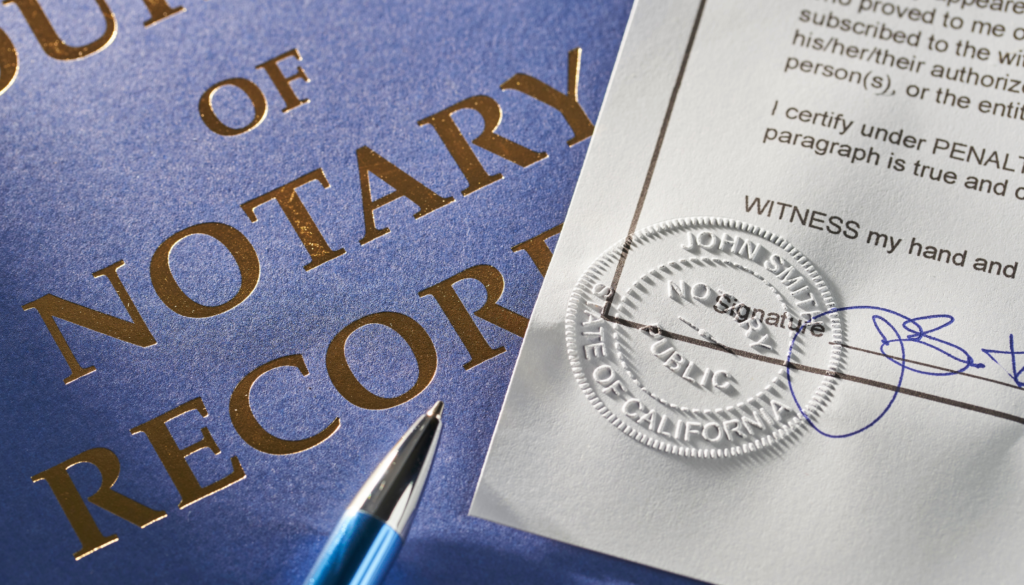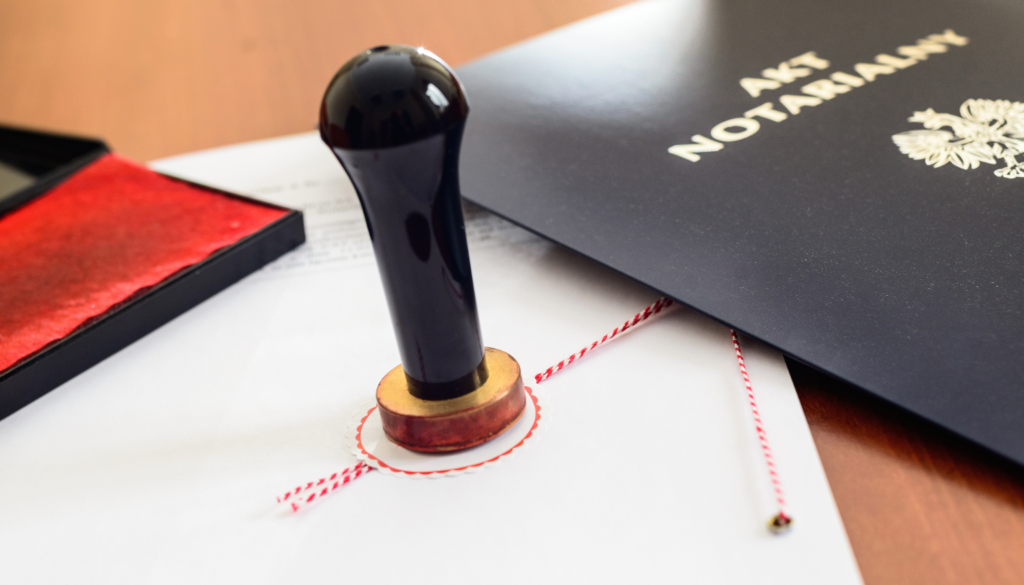Introduction
The legal profession includes various roles, each with distinct responsibilities serving individuals and businesses. Two such roles—lawyer and notary public—often overlap, leading many to ask: Is a lawyer a notary public? While lawyers are qualified legal professionals who provide advice, representation, and advocacy, a notary public is an official authorized to witness signatures, verify identities, and certify documents. Although their duties may sometimes align, the roles are not the same. A lawyer can also act as a notary public if they obtain the necessary appointment or certification. Recognizing the similarities and differences between these positions helps individuals choose the right services while ensuring legal compliance.
Defining the Role of a Lawyer in Legal Practice
A lawyer, also known as an attorney or legal counsel, is a licensed professional who has undergone extensive education and training in law. Their work involves representing clients in court, providing legal advice, drafting contracts, negotiating settlements, and handling a wide range of legal matters. Lawyers must adhere to ethical codes of conduct and possess in-depth knowledge of laws and regulations relevant to their area of specialization.
They may work independently, in law firms, or within corporations and government agencies. While their primary focus is to protect their client’s rights and provide strategic legal solutions, lawyers may also be entrusted with tasks related to documentation and verification. However, unless officially commissioned, a lawyer is not automatically a notary public. This distinction is crucial because the authority to notarize documents is a separate legal designation that requires compliance with specific application and appointment processes
Understanding the Role of a Notary Public
A notary public is an impartial witness appointed by a governing body to prevent fraud and ensure the authenticity of important documents. Their primary duties include verifying the identity of signatories, confirming their willingness to sign without coercion, and ensuring they understand the contents of the document. Notaries are essential for validating various legal documents such as affidavits, contracts, powers of attorney, and property transfer agreements.
Unlike lawyers, who provide legal advice and representation, a notary public’s role is more administrative and focused on document authentication. In some countries, the notary public must have legal qualifications, while in others, the role may be filled by trained individuals who meet specific eligibility requirements. This means that although lawyers can become notaries, not all notaries are lawyers. The two professions serve complementary but distinct purposes in the legal framework.

Can a Lawyer Serve as a Notary Public
In many jurisdictions, lawyers have the opportunity to become notaries public, but it is not automatic. They must apply for the designation, meet eligibility criteria, and be appointed by the relevant authority. Once appointed, they can perform notarization duties alongside their legal practice, offering clients a comprehensive range of services under one roof. This dual capability is beneficial because it combines the legal expertise of a lawyer with the official witnessing and verification powers of a notary.
Clients often find it convenient to have a single professional handle both legal advice and document authentication. However, not every lawyer chooses to obtain notary public status, and the rules for eligibility vary from one jurisdiction to another. Therefore, while a lawyer may be highly qualified in legal matters, their ability to act as a notary public depends entirely on whether they have fulfilled the necessary legal requirements and obtained the proper authorization
Differences Between a Lawyer and a Notary Public
While there are similarities between the two roles, several differences distinguish a lawyer from a notary public. The primary distinction lies in the scope of authority: lawyers advise clients, represent them in legal matters, and prepare legal strategies, while notaries public focus on verifying and authenticating documents. Lawyers can act as advocates in court and engage in negotiations, whereas notaries cannot provide legal advice unless they are also licensed lawyers. Another difference lies in the appointment process.
Lawyers are licensed after passing legal examinations and meeting bar admission requirements, while notaries must be officially appointed or commissioned by the appropriate authority. Furthermore, the legal liability and ethical obligations differ between the two professions. Understanding these differences helps clients determine whether they need a lawyer, a notary public, or both for their legal requirements. In some cases, hiring a professional who is both a lawyer and a notary public can be the most efficient solution
Situations Requiring a Lawyer
Certain situations specifically require the services of a lawyer, a notary public, or both. For example, complex legal disputes, contract negotiations, and court representation require a lawyer’s expertise. On the other hand, notarization is necessary when signing real estate documents, executing affidavits, or granting powers of attorney. In many transactions, both roles are essential to ensure the legal soundness and authenticity of the process.
Having a professional who can fulfill both functions saves time and simplifies the process for clients. For example, in property transfers, a lawyer who is also a notary can draft the necessary contracts, provide legal advice, and authenticate the documents in one seamless service. This combination of skills is particularly valuable in jurisdictions with strict legal documentation requirements. Ultimately, whether one needs a lawyer, a notary public, or both depends on the complexity of the matter and the legal formalities involved
Why Choose a Lawyer Who Is Also a Notary Public
Opting for a lawyer who is also a notary public offers numerous advantages. Clients benefit from receiving both legal advice and document authentication from a single trusted professional. This arrangement ensures consistency, efficiency, and cost-effectiveness in handling legal matters. It also reduces the risk of errors or omissions, as the same professional oversees both the legal and notarization aspects of the process.
Furthermore, a lawyer-notary can explain the legal implications of a document before notarizing it, providing clients with a deeper understanding of their obligations and rights. This dual qualification is particularly useful for businesses, real estate transactions, estate planning, and cross-border legal matters. By choosing such a professional, clients can have confidence that their documents are legally sound and properly executed, reducing the chances of disputes or complications in the future. The convenience and reliability of this combination make it a valuable choice for many individuals and organizations.

Conclusion
Understanding whether a lawyer is a notary public depends on the specific qualifications and appointments held by the professional. While many lawyers can become notaries, the designation is not automatic and requires official authorization. Both roles are vital to ensuring legal transactions are conducted properly, with lawyers offering legal guidance and representation, and notaries providing impartial authentication of documents. Choosing a professional who combines both qualifications ensures efficiency, accuracy, and peace of mind for clients.
Our team offers expert legal services backed by authorized notary capabilities, giving you the benefit of comprehensive support for your legal and documentation needs. Whether you require legal advice, representation, or notarization, we provide the expertise and professionalism you can trust. Contact us today to discuss your requirements and let us assist you with precision, confidentiality, and the highest standards of legal service.

